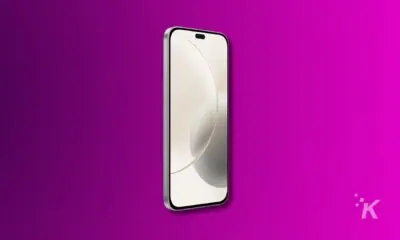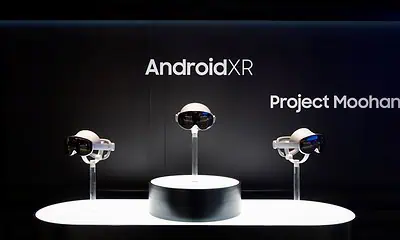Android
EU Android manufacturers might have to pay up to $40 per device for Google apps
This comes after a $5 billion fine from the European Commission for antitrust violations.
Just a heads up, if you buy something through our links, we may get a small share of the sale. It’s one of the ways we keep the lights on here. Click here for more.
Earlier this week, we told you Google would soon begin charging European device makers a licensing fee for Play Store and other Google apps. The Verge now believes it has undercovered those previously unknown costs.
According to a Friday post, Google could charge manufacturers as much as $40 per device to install the “Google Mobile Services” suite of apps. Depending on the country and device type, this would apply to devices activated after Feb. 1.
Not all vendors will have to pay this cost, however. Google’s also offering separate agreements that cover the installation of Chrome and Google search. These could cover some or all of the licensing fees.
Interesting, Google has decided to base the per-device cost on the number of pixels, the devices, and the country.
EU countries are divided into three tiers, with the highest fees coming in the UK, Sweden, Germany, Norway, and the Netherlands. In those countries, a device with a pixel density higher than 500 ppi would have to pay a $40 fee to license Google’s suite of apps, according to pricing documents.
If the device in question has a pixel density between 400 and 500ppi, the fee would be $20. If the device is under 400ppi, the fee drops to $10. Some countries and lower devices can even have smaller fees, in some cases as little as $2.50 per device.
How we got to this point
Back in July, the European Commission fined Google $5 billion for antitrust violations and ordered it to stop “illegally tying” Chrome and search apps to Android. As a remedy, Google has decided to keep Android free but charge for its apps.
As The Verge explained earlier this week, moving forward, device makers have a decision to make. One, they can introduce phones without the Play Store or any other Google app and save some cash. Two, they could keep the Play Store, and Google apps installed but remove Chrome and search. Or three, they can keep things the same and pay the price.
It remains to be seen how this will shake out and whether any per-device charges will be passed onto consumers. Much of this is political so it’s anyone’s guess what might happen.
What do you think of Google’s decision? Let us know your thoughts in the comments below.
Editors’ Recommendations:
- The new Apple Watch charger could hint at upcoming details about the new iPad Pro
- You can now pre-order your fancy new iPhone XR – here’s how
- Tesla announced a new cheaper Model 3 that you still won’t be able to get for another 6 months






























